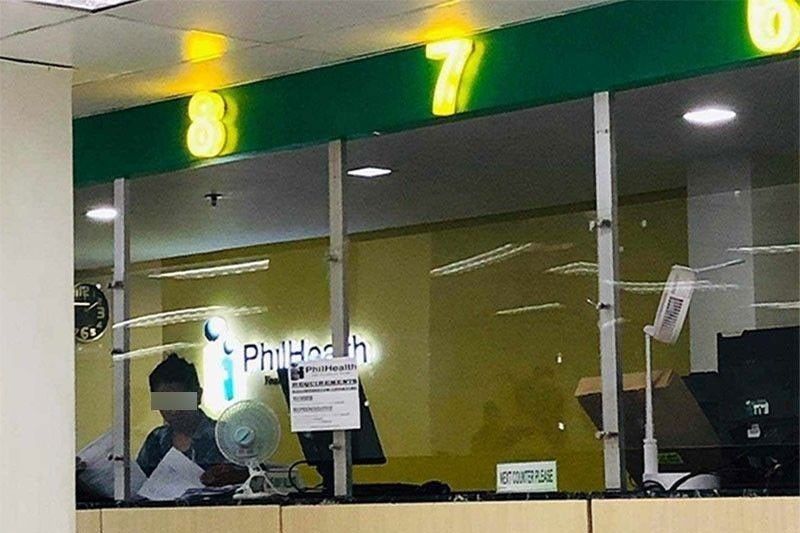House sets probe on PhilHealth funds

MANILA, Philippines — The House of Representatives will conduct an investigation on how the state-run Philippine Health Insurance Corp. has been managing its funds after billions of pesos in supposedly “excess” PhilHealth funds were discovered.
“Next year, the House will conduct a thorough and impartial investigation on how PhilHealth’s funds are being managed. This investigation is not about blame; it is about finding solutions,” Speaker Martin Romualdez said in his closing remarks before Congress went on holiday break.
Romualdez assured the public that the probe “will ensure that every peso in PhilHealth’s coffers works for the benefit of its members – the hardworking Filipino people who contribute month after month.”
He hinted that once the “underutilization” of PhilHealth funds is established, or are “in excess of what is needed for current operations,” they will move for a one-year suspension of members’ contributions, the reduction of premium contributions and expansion of benefits until “zero billing” is reached.
Last week, members of the House committee on good government and public accountability said that on top of the P60 billion in “excess” funds that were impounded and sent to the national treasury, PhilHealth has billions of pesos in its coffers before the year 2024 ends.
PhilHealth president and CEO Emmanuel Ledesma Jr. told lawmakers, led by panel chairman Manila 3rd Rep. Joel Chua, that they still have P150 billion in surplus, P281 billion in reserves and an investment portfolio nearing P489 billion as of October.
PhilHealth’s chief financial officer Renato Limsiaco admitted to Chua that surplus funds, after covering benefit payments, are directed into investments.
“Once we’re done and OK, (once) we already paid the benefits, then the excess money will be used for investments,” he explained.
House leaders have criticized PhilHealth for prioritizing investments over health care services of the more than 110 million Filipinos and called for immediate premium reductions and reforms to benefit its millions of members.
The criticisms emerged in last week’s hearing in the Chua committee, where lawmakers scrutinized PhilHealth’s ballooning funds, prompting Congress to propose a zero subsidy for the agency under the P6.35-trillion national budget for 2025.
For his part, Ledesma cited PhilHealth’s financial stability and announced plans for a 50-percent increase in coverage for most case rate packages.
Representatives lamented that despite the impressive figures showing PhilHealth’s financial stability, the health insurer’s growing reserves and investments have not translated into significant relief for Filipino families burdened with rising health care costs.
“This simply means that the subsidy that the government gives for the purpose of improving health care have been diverted and used for investment purposes and not for health care?” Chua asked.
“It seems that you’re more focused on the investment aspect to the detriment of health care which is now being sacrificed. (Focus on) health care benefits instead of investments. Our investments here should be the lives of our people,” he stressed.
- Latest
- Trending


























